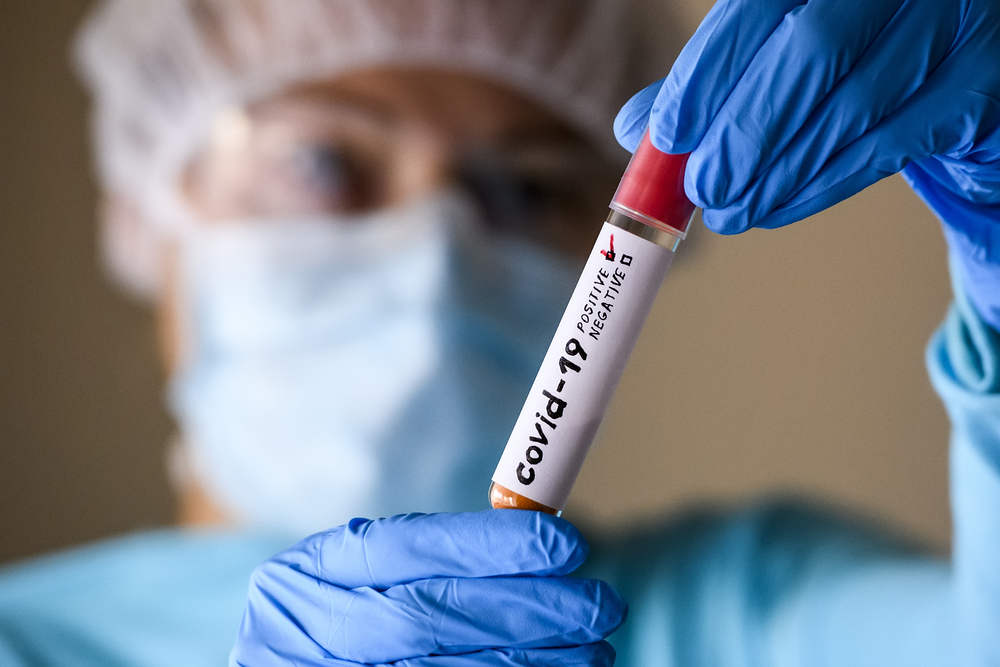The 72-year-old Amsterdam resident died in October of last year, after being infected with the coronavirus for a total of 613 days.
According to de Volkskrant, the virus underwent dozens of mutations over more than a year and a half until it eventually became a new virus variant.
How did this happen?
Virologists believe that coronavirus can mutate into new variants after prolonged infection in immunocompromised patients.
That’s what happened with the so-called Omikron and Alpha variants, for example.
This same process was documented in the 72-year-old Amsterdammer, who had a rare bone marrow disease and had previously undergone a stem cell transplant.
During the 613 days the man carried the virus, he occasionally became sick, but there was no way to get rid of his infection.
“Again and again, the virus managed to evolve,” research leader Matthijs Welkers tells de Volkskrant — until eventually, a kind of “super coronavirus” emerged, which was completely immune to antibodies.
The patient died of his illness in October of 2023.
No further infections
As far as it is known, the patient did not infect anyone else with his particular variant.
And even if he did, Matthijs Welkers says it’s unsure how the virus would have behaved — or whether it would have even survived in another person.
Attempts to grow the virus in human cells in the laboratory have failed, and more research is needed to determine whether this mutation is more dangerous.
Researchers worry that older and more harmful variants of coronavirus can emerge again in chronically ill patients like this one. The Amsterdam man, for example, carried an early version of the Omikron variant.
Currently, Amsterdam UMC — where the man was admitted — is studying around 15 other patients who have been carrying the virus for the past few months or even years.
What do you think of this case of ‘super coronavirus’? Share your thoughts in the comments.




Was he vaccinated?